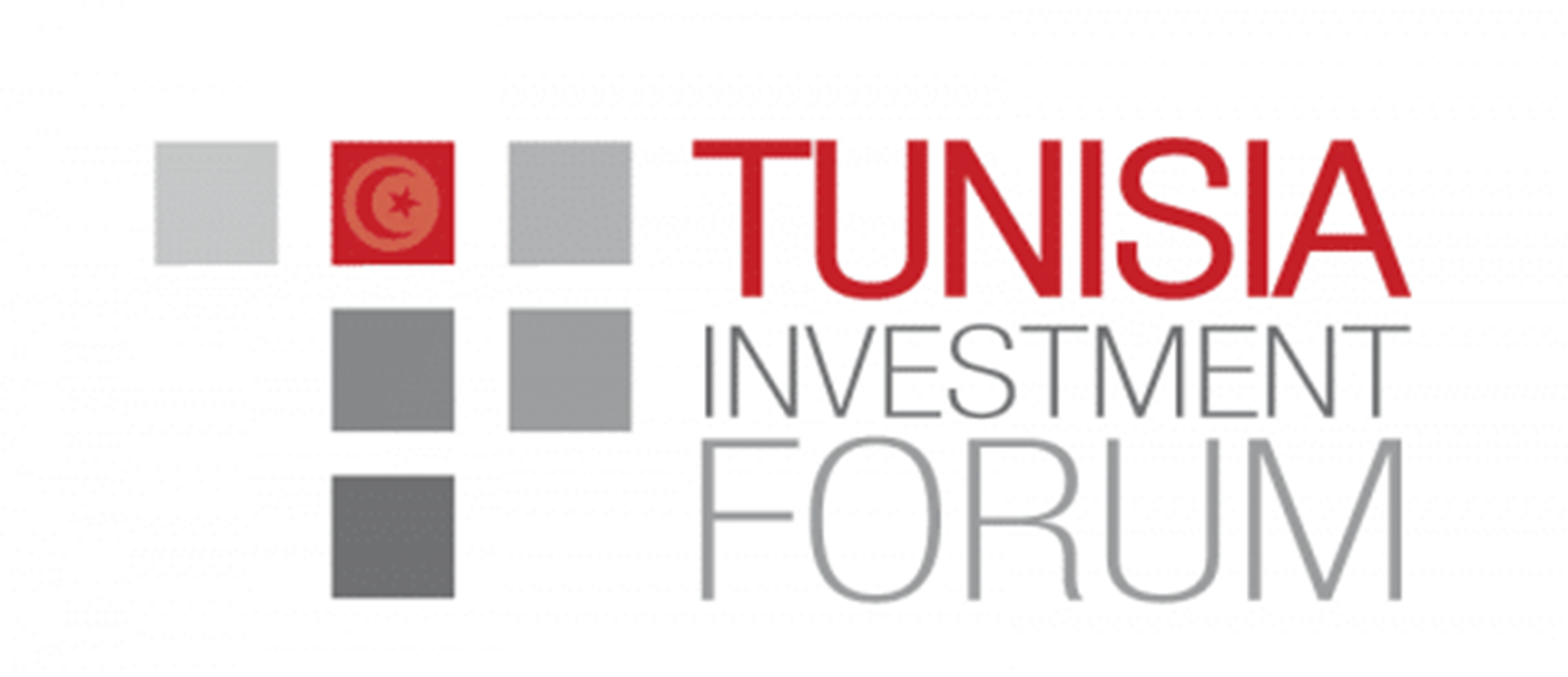Menu



FIPA-Tunisia 2024. All rights and photo credits reserved Numeryx Tunisia
The Textile and Clothing industry in Tunisia is thriving within a favourable ecosystem, reinforced by the National Textile Pact (PNT) signed on February 21, 2019 between the Presidency of the Government, Tunisian Union of Industry, Commerce and Handicrafts,UTICA and the Tunisian Federation of Textiles and Clothing (FTTH). This ambitious project is based on six strategic pillars, encompassing good governance, integration, promotion of ‘Made in Tunisia’, training, infrastructure development, and improvement of the business climate. A significant investment aims to position Tunisia among the top five exporters of textiles and clothing to the European Union.
● Major Investment: The PNT has a fund of 100 Million Dinars.
● Ambitious Objective: To position Tunisia among the top five exporters to the EU.
● Economic Benefits: Forecast to generate 450 Million Dinars thanks to this project.
● +1,530 companies, more than 80% of which are total exporting companies.
● + 158,000 jobs in the Textile and Clothing Sector.
The Tunisian economic environment offers significant advantages to investors, with the possibility of fully owning the company’s capital, thus ensuring total autonomy in the management of activities. These measures clearly demonstrate the country’s commitment to creating an investment-friendly environment, characterised by its flexibility, its support for training and its openness to international expertise.

The textile and clothing industry benefits from a set of financial and tax incentives in Tunisia, strengthening its attractiveness for investors. These measures go beyond the figures to reflect a concrete commitment to industrial growth.
The textile and clothing industry in Tunisia flourishes thanks to privileged access to highly qualified employees. Specialised educational institutions form a workforce adapted to the needs of the industry and which contribute to its continuous development.


The Tunisian industrial infrastructure flourishes through renowned clusters and institutions, propelling the country’s economy to new heights. Among these catalysts, the Monastir Textile Territorial Cluster (CTTM) and the Technical Textile Center, a public institution, emerge as pillars of the sector. These entities play an essential role in creating a thriving economy, fostering innovation, and enhancing national competitiveness.